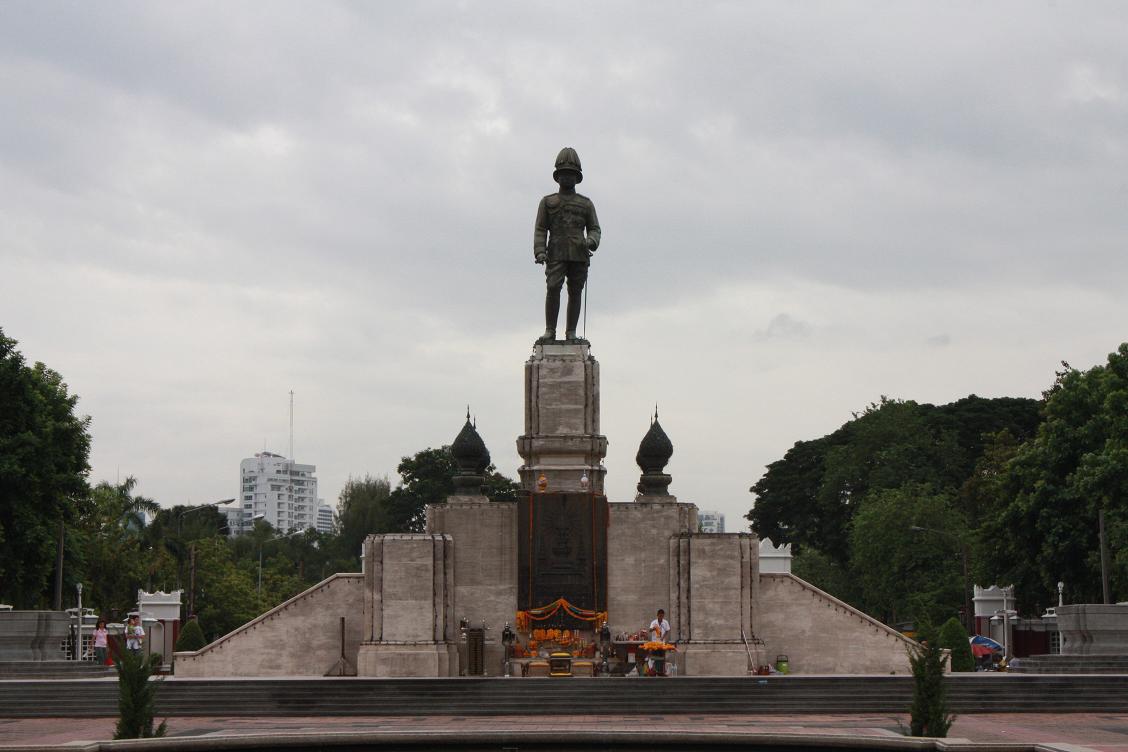South Korea, a nation in constant flux, is a fascinating microcosm of tradition meeting modernity. Its
cultural identity, a delicate tapestry woven with centuries-old customs and rapid-fire global
influences, is continually evolving. This article delves into the intriguing intersection of culture and
fashion, specifically examining the role of custom clothing in shaping and reflecting Korean identity.
A Brief History of Korean Fashion
To understand the current landscape of Korean fashion, it’s essential to look back. The Hanbok,
Korea’s traditional attire, was once the epitome of cultural identity. Its vibrant colors, elegant lines,
and intricate details held deep symbolic meaning. However, with the country’s rapid industrialization
and globalization in the latter half of the 20th century, Western fashion began to dominate the
streets.
The initial impact was jarring. The stark contrast between the traditional and the foreign created a
cultural identity crisis. Yet, as time progressed, a unique Korean aesthetic began to emerge, blending
elements of the old with the new. This hybridization is evident in contemporary Korean fashion, a
dynamic interplay of tradition and modernity.
The Rise of Custom Clothing
The desire for individuality, fueled by the digital age and a growing middle class, has led to a surge in
custom clothing. Consumers are no longer satisfied with mass-produced items; they seek garments
that reflect their unique personalities and values. This trend is particularly pronounced in South
Korea, where a strong emphasis is placed on appearance and self-expression.
Custom Nike polo shirts have emerged as a popular canvas for this creative expression. Nike, a
global sportswear giant synonymous with youth, athleticism, and modernity, provides a strong
foundation. The polo shirt, a versatile garment, offers a blank slate for customization.
Nike Polo: More Than Just a Shirt
The choice of a Nike polo as a base for customization is significant. It represents a fusion of global
and local, of tradition and modernity. By personalizing this iconic item, individuals are creating
garments that are both personal statements and cultural commentaries.
● Design Elements: Traditional Korean motifs, such as the yin-yang symbol, hanbok patterns,
or calligraphy, are increasingly incorporated into custom Nike polo designs. These elements
bridge the gap between the past and present, creating a sense of continuity.
● Color Psychology: Color holds immense cultural significance in Korea. The choice of colors
for a custom polo can convey specific messages. For instance, red symbolizes good fortune,
blue represents harmony, and black signifies strength.
● Personalization: Adding names, initials, or meaningful phrases to the polo shirt transforms it
from a mere piece of clothing into a personal talisman. These personalized elements further
reinforce the garment’s connection to the wearer’s identity.

Cultural Implications
The popularity of custom clothing has profound implications for Korean cultural identity:
● Reinforcing Tradition: By incorporating traditional elements into modern clothing,
individuals contribute to the preservation of cultural heritage.c
● Creating a New Aesthetic: The fusion of traditional and contemporary styles gives birth to a
unique aesthetic that is distinctly Korean.
● Building Community: Sharing custom clothing designs can foster a sense of belonging and
connection among like-minded individuals.
● Globalizing Korean Culture: As custom Korean-inspired clothing gains popularity
internationally, it helps spread Korean culture worldwide.
Challenges and Opportunities
While the custom clothing trend offers numerous benefits, it also presents challenges:
● Quality Control: Ensuring the quality of custom-made garments can be a hurdle.
● Environmental Impact: The production of custom clothing often involves a higher
environmental cost compared to mass-produced items.
● Authenticity: There is a risk of cultural appropriation if traditional elements are mishandled.
To address these issues, the industry must focus on sustainability, ethical sourcing, and education.
Opportunities lie in developing innovative production methods, promoting cultural awareness, and
fostering collaborations between designers and traditional artisans.
Case Studies
To illustrate the impact of custom Nike polo shirts on Korean culture, let’s examine a few case
studies:
● Case Study 1: A young entrepreneur who launched a successful custom clothing brand
focusing on Korean heritage.
● Case Study 2: A group of K-pop fans who created custom polo shirts to express their fandom.
● Case Study 3: A fashion designer who has gained international recognition for blending
traditional Korean elements with contemporary designs.
Custom clothing is more than just a fashion statement; it is a microcosm of South Korea’s cultural
evolution. It reflects the nation’s desire to embrace modernity while honoring its traditions. As
technology continues to advance and consumer preferences evolve, the role of custom clothing in
shaping cultural identity will only become more prominent.



